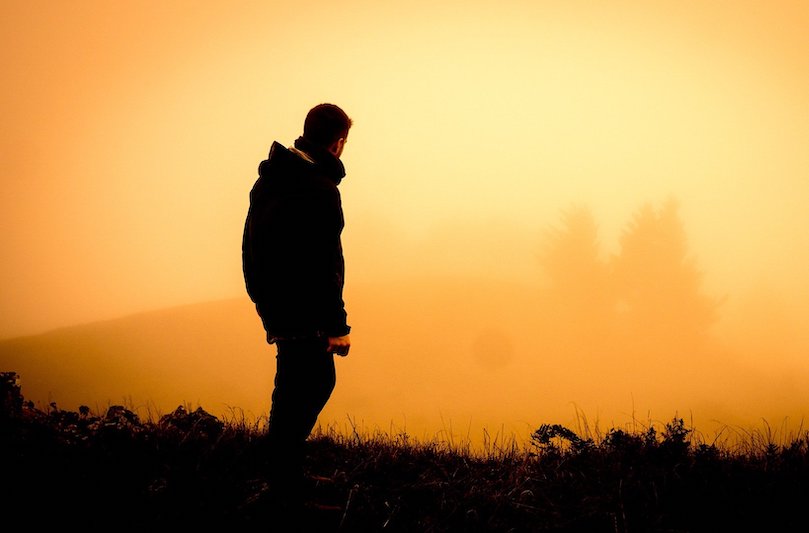Ecotherapy: Starting the Journey
-
-
Sheila Pope
Many have rediscovered a deep connection with nature during the pandemic, as the theme of this year’s Mental Health Awareness Week attests. But what is it like to start offering therapy outdoors? From tripping over tree roots to stumbling across transformative metaphors, counsellor Sheila Pope shares her – and her clients’ – journey into ecotherapy.

Some years ago, I happened to pick up a leaflet advertising a course of training in holding client sessions outside. I had never even considered such a thing but for some reason the concept filled me with delight! I was a keen gardener and enjoyed being out in nature. In fact, I was planning to walk the South Downs Way later that year. Seeing the clients in my counselling practice in a natural setting seemed fraught with difficulties but I was keen to learn more.
I have now taken five courses over the years (most of which have been taught by the well-known and widely respected educators/authors Hayley Marshall and the late Martin Jordan). I have camped and worked in the rain, sang songs round woodland fires, acquired a small library of relevant textbooks and a warm circle of colleagues from various CPD cohorts. I have had experience of holding sessions with some of the clients from my private practice in one or other of the local nature reserves – and I’ve acquired a whole lot more questions than answers.
I constantly strive to understand the underpinning rationale behind working outside…
What exactly am I doing?
What theoretical understanding can I apply to these experiences?
Does it serve my clients or is this just something I want to do?
Sometimes I struggle to hear clients as the path narrows and I have to drop behind. Or I’m distracted by dog-walkers. Or I miss the client’s facial cues as I focus on not tripping on tree roots. And often I fear that I’ve simply taken my practice outdoors but retained my ‘indoor head’, so I have gained all the attendant inconveniences but no discernable benefits. I remind myself that there has to be a clinical reason for doing this for each client.
And then – a magic moment: talking with a client about ending, I spot a huge caterpillar by the side of the path, so we ponder on whether she’s ready to transition into a beautiful butterfly. Reflecting on a client’s stuckness in his current situation, we pass through a gap in the hedge and encounter a small bridge over a stream – and work with what he might need to do to cross over from the dark place where he is now to the brighter place on the other side. Watching the squirrels scurry about, a client realises how much nature means to her and starts to think about a career change to give her a deeper sense of fulfilment.
What is your own relationship with nature?
When engaged in client work, we are expected to be familiar with our own issues and encouraged to be in personal therapy to understand more fully our unconscious processes. So, ecotherapy trainings often start by encouraging reflection on our own relationship to nature. If you are thinking of practising outdoors, take some time to think about how you engaged with nature in the past. Did you use the great outdoors for emotional regulation, perhaps to avoid stressful situations at home? Did you enjoy the freedom of beach holidays with your family? Were you allowed to splash in puddles?!
Explore how you relate to nature now: spend some time outside and maybe you’ll find a place or natural feature that draws you in – a spot among the trees, by a pond or on a high place. You might find your attention taken by a flower or plant, the stones in a rockery, a bird on a branch, the clouds in the sky. As you begin to understand your relationship with this living, breathing, flying, flowing world better, it will become more and more the support and guide which you will need for this journey.